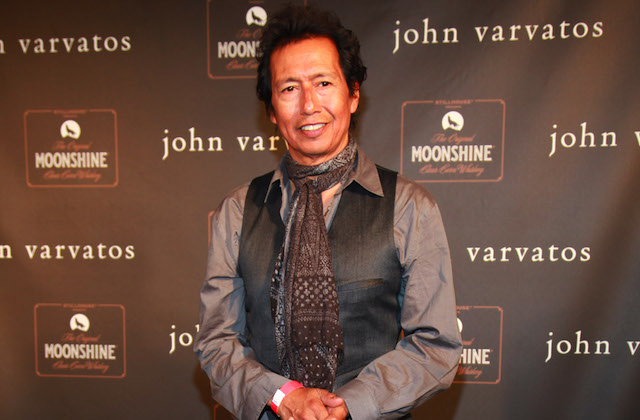Alejandro Escovedo‘s latest album, "The Crossing," explores the allure and failure of the American dream through the quest of two young immigrants—one Mexican, one Italian—who bond over punk rock after meeting at a Texas restaurant. The Mexican-American singer and songwriter discusses the album’s relationship to his own life and enduring anti-Mexican xenophopia during a Texas road trip for a profile that The New Yorker magazine published online yesterday (September 30).
rnt
Preparing to perform his new album, “The Crossing,” Alejandro Escovedo, a singer-songwriter and son of Texas, takes a sentimental journey backward through time, from Dallas down to old Mexico: https://t.co/e2hz3Ti3wV pic.twitter.com/Z74hKCegB5
rnt— The New Yorker (@NewYorker) September 30, 2018
rntThe 67-year-old musician says the album draws on his own experience crossing the Texas-Mexico border as a child. It’s a border he says was much less obvious in his youth than now:
rnt
Escovedo has twelve siblings and half siblings. The father of all thirteen children had been a mariachi musician and a prizefighter in his youth but worked mainly as a plumber. Known as Don Pedro, or Buck to his bar friends, he was a rake, a pool shark, a horseman, a snappy dresser, and a suave singer and dancer. “My father was basically a rock-and-roll star,” Escovedo said. Don Pedro was born in 1907 in Saltillo, the capital of the state of Coahuila, Mexico. His parents left him there while they went to find work picking cotton and making cedar posts in Texas, but when he was twelve he followed them across, riding the rails with an older cousin. “There was no line in those days,” Escovedo said. “There was the river. It was almost like the same country.”
Escovedo grew up in Texas and California before a brief detour to New York City—where he performed with several punk rock outfits—and an eventual return to Texas. He experienced many instances of anti-Latinx racism along the way, and says it still happens to this day:
rnt
In our time together, Escovedo told me a slew of stories of being treated badly, or at least differently, because he was Mexican-American. He recalled a program director telling his record company, “We already have a Mexican band, no room for another.” (This was a reference to Los Lobos.) “We can’t even pronounce his name. How do you expect us to play him?” He has his share of driving-while-Mexican stories, and after we’d passed, on the northbound side of I-35, between San Antonio and Laredo, an elaborate Border Patrol checkpoint, he began to worry about driving back the next night. He called [Nancy Rankin, his wife] and had her send copies of his birth certificate, marriage license and passport. It was infuriating, though perhaps no longer surprising, to contemplate that a son of Texas, one of the state’s most celebrated artists, had to fret about traveling along its highways. There’d been news, that week, of the Border Patrol detaining a Texas man with a passport on his return from Mexico, and of new passports being denied to some people who were native-born. Escovedo recalled a time that he and Bobbi Levie had taken a train from Austin to Mexico City. After disembarking at the border in Laredo to switch trains, police officers wouldn’t let him back on.
Read the full article at NewYorker.com.
rn
